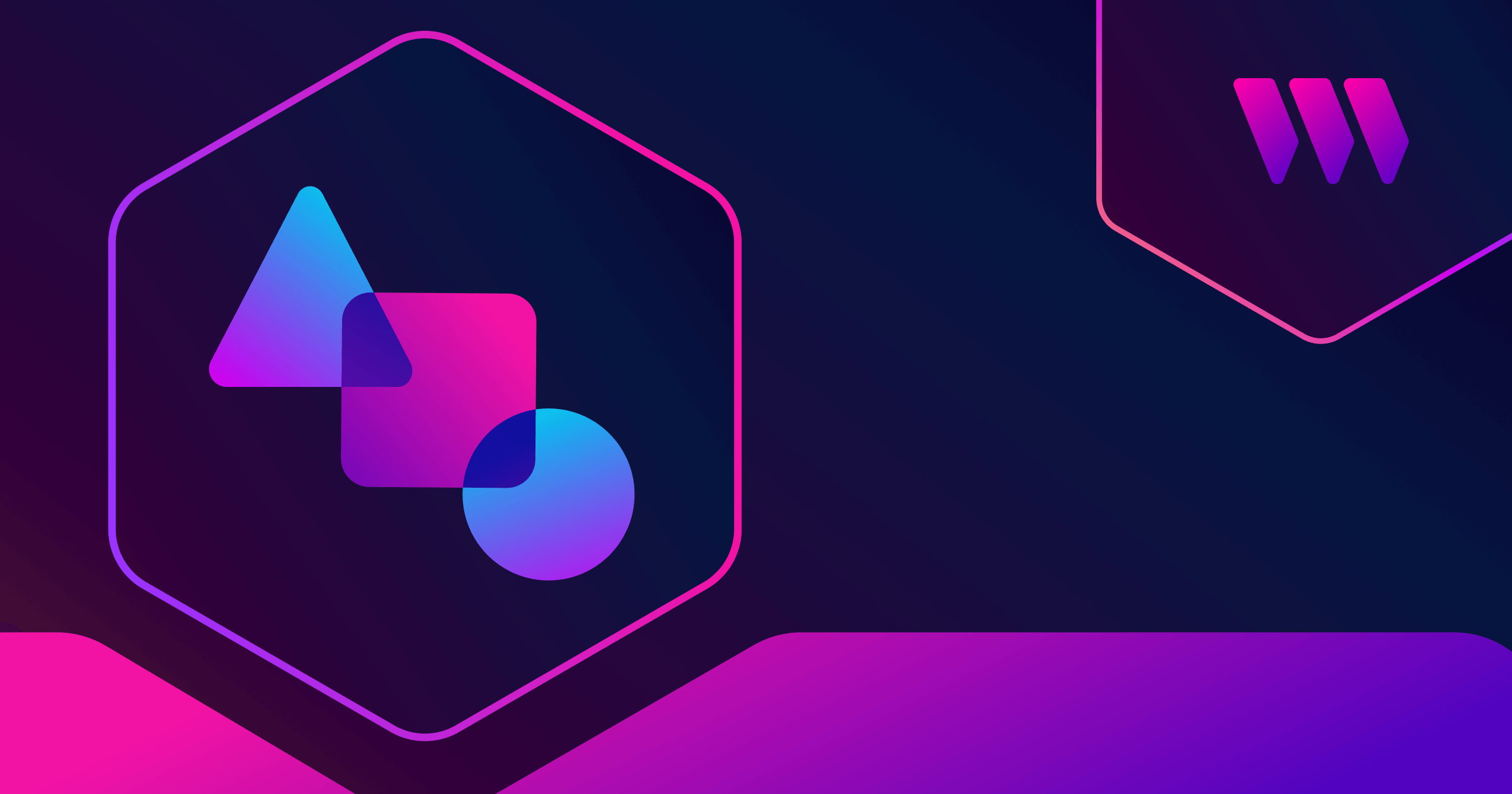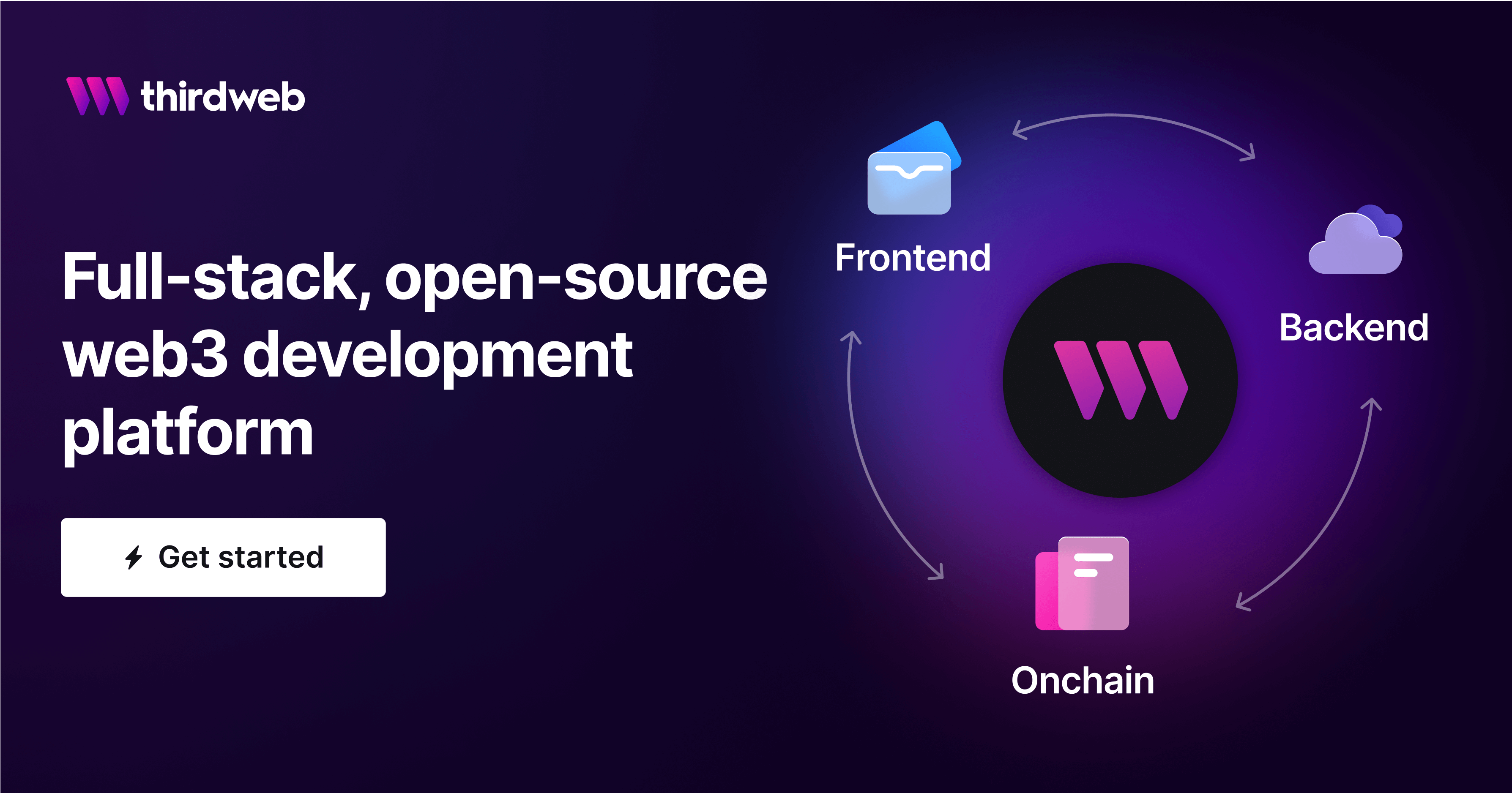What is an NFT API? The Developer's Guide (2024)

NFTs are a key component of web3 and onchain applications. They are transforming the digital assets space with verifiable permanence, true ownership, and dynamism in their use cases.
Businesses have been experimenting with NFTs (non-fungible tokens) by integrating them with loyalty programs, offering them as digital twins for physical items, and even as proof of identity.
However, the masses are still not on board, courtesy of the complexities involved in owning and transacting with NFTs. This technical hurdle expands to the developers too as the NFT development infrastructure is super challenging. The lack of standardization and tooling support causes a major headache for developers.
NFT APIs (application programming interfaces) solve this problem.
In this blog, we’ll look at what NFT APIs are, how they simplify the process of integrating NFTs, and how they contribute to creating a smooth, secure, and frictionless, user experience.
What are NFT APIs?
NFT APIs are tools that allow developers to interact with the blockchain within a more familiar application development environment, such as software libraries or development frameworks. They provide a simplified interface for developers to engage with NFTs.
Developers can implement features like minting, transferring, and querying NFTs without having to code smart contracts or perform direct blockchain queries.
Here are some practical benefits of using NFT APIs:
- NFT APIs often have built-in ready-to-deployinterfaces smart contracts that help developers mint and airdrop NFTs, sponsor fees, or even configure royalty settings easily.
- NFT APIs simplify blockchain interaction, allowing developers to list NFTs through straightforward API calls.
- Since the backend is handled by the NFT API, developers can improve the frontend and user experience. This makes NFTs more intuitive and accessible for users.
Key features of NFT APIs
Let’s look at the key features of NFT APIs and how they make the development process easier:
Mints NFTs
When minting an NFT, various complex tasks involve interacting with smart contracts on the blockchain and managing blockchain transactions. NFT APIs abstract or hide these intricacies, providing a simplified and user-friendly interface that allows developers to mint NFTs with fewer technical hurdles.
Customizes metadata
Metadata is the heart of NFTs, serving as the digital fingerprint for the asset. It includes the name, description, image or media file URL, attributes or traits of the digital asset, and sometimes links to additional information or licensing details.
NFT APIs offer developers the ability to read, create, and update metadata — information like images, descriptions, and attributes — through API calls. This streamlines the process of adding and updating metadata and allows developers to add new attributes to their NFTs over time.
Creates wallets
Digital wallets help manage and store users’ NFTs securely. NFT APIs enable developers to create these wallets and implement functionalities like key management and asset transfer. Additionally, they provide robust security features such as encryption, secure key storage, and multi-factor authentication.
Integrates wallet with user accounts
NFT APIs enable developers to smoothly incorporate the management of smart wallets into the user accounts within an application. This allows developers to provide a user-friendly experience. And users can manage, view, and transfer assets without using separate wallet apps and interactions.
Facilitates airdrops
Airdrops involve thousands of NFTs, depending on the campaign's scope. NFT APIs automate large-scale transfer and precise targeting of recipients based on specific criteria like user engagement, membership status, or other relevant factors. They also offer security measures, real-time tracking, and reporting.
Automates nonce management
A nonce is a unique, sequential number used in blockchain transactions to ensure that each transaction is distinct and processed in the correct order. NFT APIs automate nonce management, ensuring that each transaction is unique and is processed in the right order.
This prevents issues like double-spending or transaction collisions.
Addresses stuck transactions
NFT APIs often allow developers to set customizable timeouts for transactions and also come with error-handling mechanisms. If a transaction remains unconfirmed for a specified duration, the API can trigger predefined actions, such as resubmitting the transaction or notifying the user.
Queues transactions efficiently
NFT APIs come with transaction queuing mechanisms to ensure that NFT transactions are processed orderly and fairly. This prevents network congestion, reduces the likelihood of failed transactions and delays, and ultimately provides a smoother experience for users.
Primary use cases of NFT APIs
NFT APIs significantly streamline the process of building applications with NFT functionalities compared to traditional blockchain development methods. Here are some primary use cases:
1. In-app NFT transfers
NFT APIs streamline in-app NFT transfers by simplifying the process of sending and receiving NFTs within an application. This is achieved through several key functionalities:
- Pre-built functions: Developers can use pre-built functions for transferring NFTs, eliminating the need to write complex smart contract interaction code.
- Automated transaction handling: The API automatically constructs, signs, and sends blockchain transactions required for transferring NFTs.
- Gas fee management: NFT APIs manage the computation of gas fees (transaction fees on blockchain networks), which can be a complex aspect of blockchain transactions.
- Event listeners: APIs can listen for blockchain events (like transfer confirmations) and update the app's state accordingly.
- Transaction status tracking: The API can track the status of NFT transactions in real-time, providing updates and notifications to the users.
- Custom transaction logic: Developers can implement custom logic for NFT transfers, like conditional transfers based on in-app activities or user achievements.
2. Real-world events and experiences
NFT APIs facilitate the use of NFTs as tickets for events by streamlining the minting, distribution, and verification processes. Here's how they assist in each step:
- Minting NFTs as tickets: The API allows event organizers to mint NFTs as tickets by providing essential details like event name, date, venue, and seating information.
- Metadata customization: Event organizers can use NFT APIs to define and customize the metadata of NFT tickets, allowing them to include unique artwork, event details, and special attributes.
- NFT transfer: NFT APIs allow developers to send NFT tickets directly to the attendee's wallet by interacting with smart contracts on the blockchain.
3. NFT Marketplaces
NFT APIs play a crucial role in the development and operation of NFT marketplaces. They provide essential functionalities that streamline various aspects of marketplace management, from listing and trading NFTs to ensuring secure transactions and enhancing user experience.
- Listing NFTs: NFT APIs use metadata retrieval, blockchain queries, and API calls to list NFTs on marketplaces.
- Auction and bidding setup: Marketplaces use NFT APIs to set up and configure auctions and bids for specific NFTs. This involves defining auction parameters, including starting bid, reserve price, auction duration, and bidding rules.
- Marketplace insights: NFT APIs give valuable insights into market trends, user behavior, and sales performance by collecting, processing, and analyzing data from the blockchain and other sources.
Why are developers opting for thirdweb's NFT API solution?
thirdweb's NFT API solution, or thirdweb Engine, offers a comprehensive suite of tools that simplify blockchain interactions, enhance security, and improve user experience.
- Wallet management: Simplifies digital asset handling with secure backend wallet creation and management.
- Smart contracts: Offers easy deployment and interaction with audited smart contracts across EVM-compatible blockchains.
- Gasless transactions: Enhances user experience by sponsoring gas fees, removing barriers for new users.
- Managed infrastructure: Provides reliable, high-performance infrastructure, allowing developers to focus on application development.
- Web3 auth: Streamlines wallet interactions within apps through direct user wallet permissions.
Case study: How Coinbase benefitted from thirdweb’s solution
Coinbase utilized Thirdweb's Engine to power its on-chain experiences at the Mainnet 2023 summit.
- Engaging on-chain experiences: Enabled seamless integration of gasless transactions and NFT claims, enhancing attendee engagement.
- Efficient NFT airdrops: Streamlined distribution of exclusive NFTs as digital collectibles and proof of attendance.
- Reliable performance: Ensured smooth user experiences during high-volume transactions with a robust infrastructure.
- User experience focus: Allowed Coinbase to concentrate on creating user-friendly on-chain activities.
- Rapid deployment: Facilitated quick implementation and deployment of on-chain activations, saving development time.
The potential and future of NFT APIs
NFT APIs simplify the integration of NFT functionalities by offering developers a user-friendly interface, streamlining complex processes, and enhancing security. From minting and transferring NFTs to managing wallets and conducting airdrops, these APIs make NFT adoption more accessible for businesses.
As more businesses and developers embrace NFT APIs, we can anticipate further democratization of the NFT space.
We hope this blog helps you better understand how NFT APIs work and their advantages.
If you have any questions, join 40,000+ other builders in our Discord community or reach out to the team directly for more info on how to get started with building your NFT products using thirdweb APIs.

